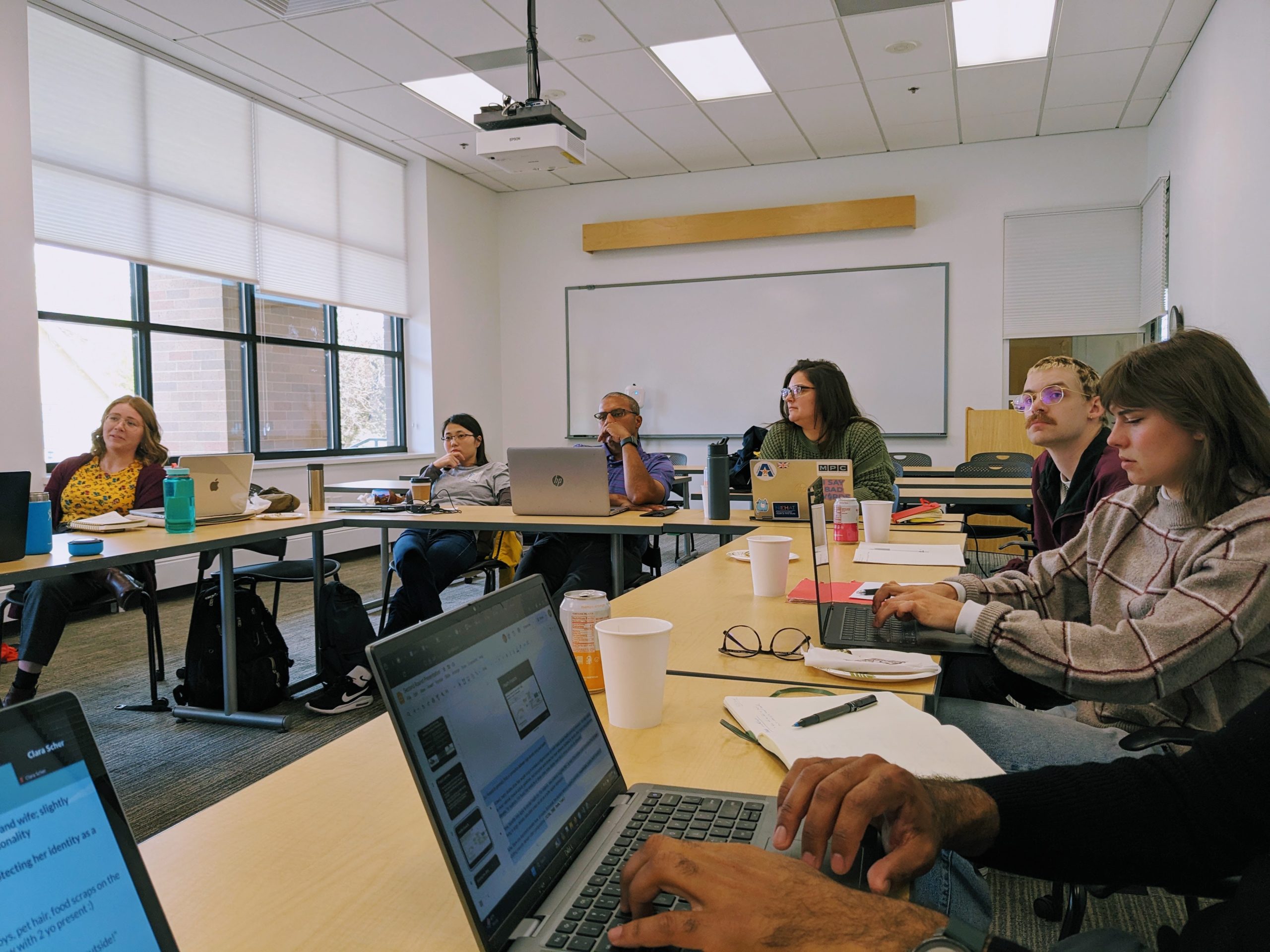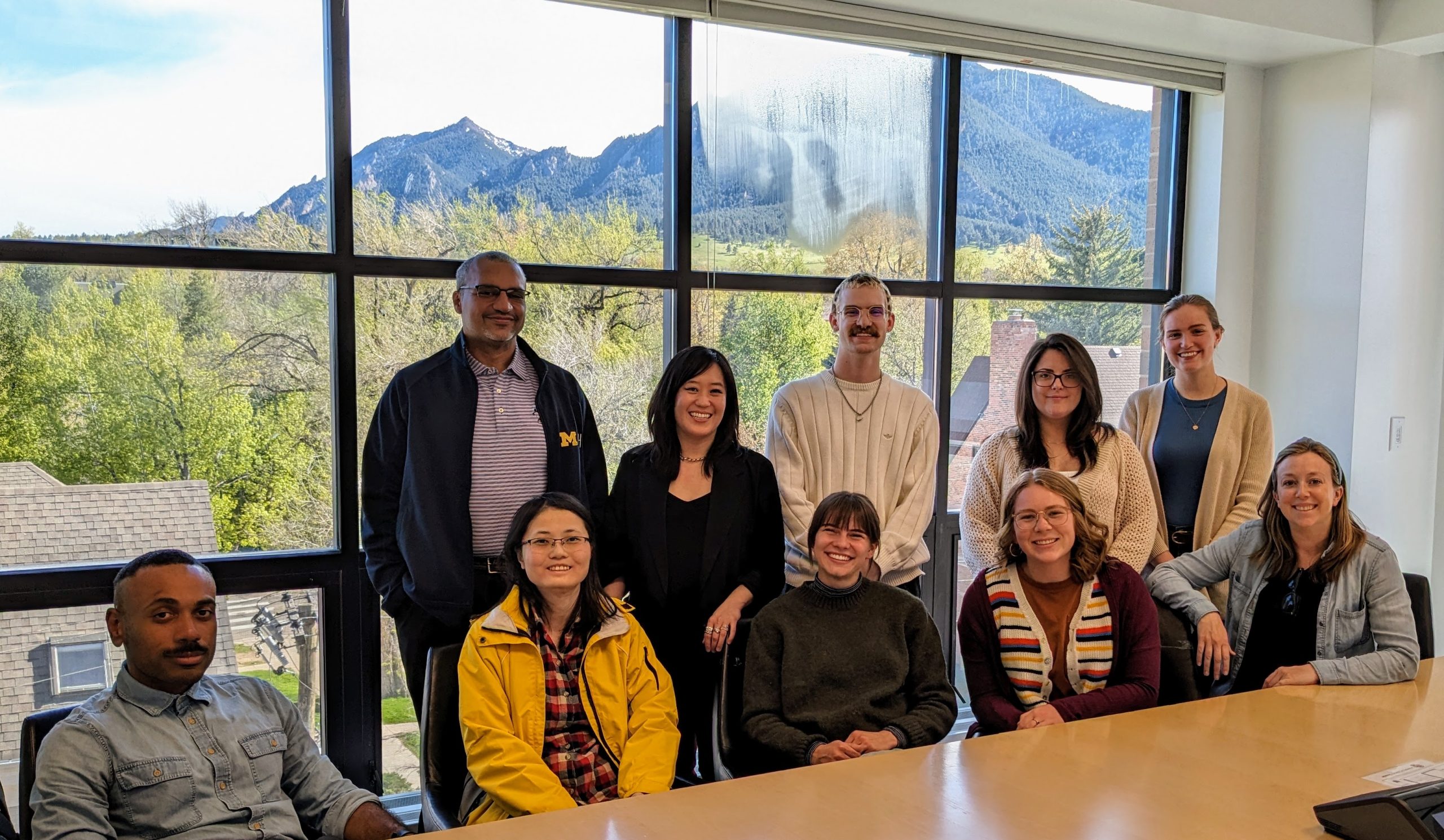Everyday environments are largely overlooked when evaluating risk factors for Alzheimer’s disease and related dementias. But where you live can have a tremendous impact on your health. Jessica Finlay, assistant professor of geography at CU Boulder, and a fellow and faculty member of the Institute of Behavioral Science, and Michael Esposito, assistant professor of sociology at the University of Minnesota, developed a new concept to evaluate how well a community can support cognitive health: Cognability.
“Not everyone has access to places to exercise, connect or keep their minds active, and some face additional health threats such as pollution from local factories and highways,” says Finlay. “It is important to identify which communities lack neighborhood resources to support cognitive health. That way we can prioritize community changes and neighborhood investments to create more equitable opportunities for healthy aging and reduce dementia risk.”
Finlay and Esposito aim to expand their Cognability work by implementing a life course perspective, evaluating what about a neighborhood matters when across the lifespan to support cognitive health. The Co-PI’s hosted a Life Course Cognability scientific retreat to prepare for a grant application and discuss potential approaches to the research. Esposito led discussions on how the team would achieve their quantitative goals for the project, while Finlay lead discussions on qualitative and mixed methods goals.

Several of Finlay and Esposito’s current and incoming students participated in the retreat. Hayes Hart-Thompson, an incoming CU Boulder graduate student, felt the retreat discussions benefited their background on youth research.
“ I think what stood out to me the most were the conundrums around which aspects of the built environment are informed not only by your recent years, but through your entire life course AND potentially at specific points in your life,” says Hart-Thompson. “It was fascinating and puzzling to grapple with the idea of what and when might inform your cognitive health later – and how we might be able to explore possible answers!”
For CU Boulder geography doctoral student, Mallory Sagehorn, the sense of collaboration and passion she witnessed from her peers was encouraging. “I’m really looking forward to continuing to work on this research and it’s awesome to have others that are passionate about life course Cognability!” says Sagehorn.
The Life Course Cognability project will be ready for submission this fall. With such a dedicated and talented team behind them, Esposito and Finlay are poised to make significant advancements in understanding how neighborhoods matter to cognitive health for those that need it most.
“I feel like the team walked away genuinely energized and excited about all of the difficult work that’s coming our way,” says Esposito. “I knew that we had a great team in place, but I walked away from this somehow even more impressed.”

